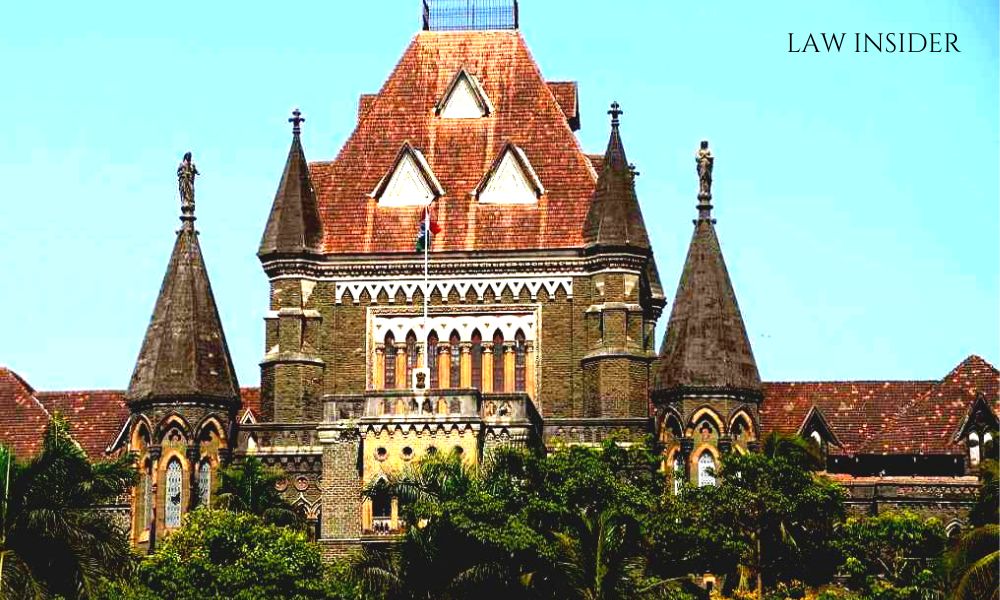LI Network
Published on: November 14, 2023 at 11:43 IST
In a recent judgment, the Bombay High Court clarified the circumstances under which an approver, who has fulfilled the conditions of pardon and testified for the prosecution, may be granted bail before the completion of the trial.
The court’s decision came in light of the tension between Section 306(4) of the Criminal Procedure Code (CrPC) and the constitutional right to personal liberty under Article 21.
The court, presided over by Justice MS Karnik, highlighted that an approver who has complied with pardon conditions and testified as a prosecution witness should not be automatically detained until the conclusion of the trial, especially in cases involving prolonged legal proceedings.
Justice Karnik emphasized the need to harmoniously interpret Section 306(4) of the CrPC with the fundamental right to personal liberty enshrined in Article 21 of the constitution.
The court noted that an approver is traditionally held in custody during the trial to protect them from other accused. However, the Witness Protection Act of 2017 places the responsibility on the state to provide protection to witnesses, potentially mitigating the need for continued incarceration.
The case involved an applicant arrested under the Maharashtra Control of Organized Crime Act (MCOCA) and IPC in 2018. Seeking pardon in 2020, the applicant’s statement was recorded, and he testified as the first witness. The plea for bail was made after the sessions court rejected his initial request.
The public prosecutor opposed the bail plea, citing Section 306(4) of the CrPC and the alleged threats the approver faced in prison. The court, however, acknowledged that the approver, now a prosecution witness, should not be subject to prolonged detention, considering his cooperation and potential threats.
The court, while considering the applicant’s status as a prosecution witness, asserted that continued detention without a definite timeline for the trial’s conclusion would be a miscarriage of justice.
Justice Karnik highlighted that the Witness Protection Act, coupled with the applicant’s changed status from accused to witness, warranted a reconsideration of the detention conditions.
The court concluded that detaining the approver indefinitely without clarity on the trial’s duration would not only be unfair to the applicant but could also discourage future witnesses from seeking pardon.
The Bombay High Court’s ruling emphasizes a balanced approach, ensuring the protection of witnesses under the Witness Protection Act while respecting their right to liberty after fulfilling the conditions of pardon and contributing to the prosecution’s case.

